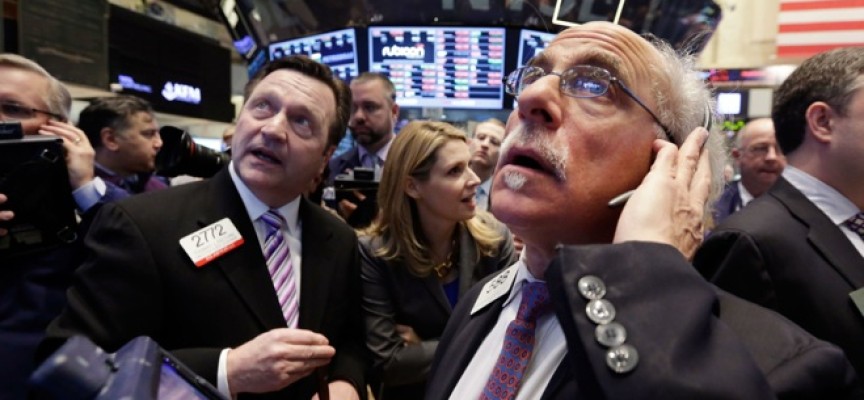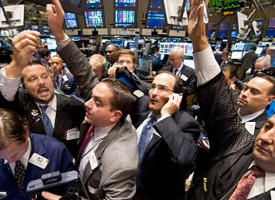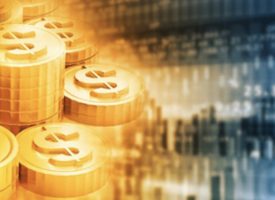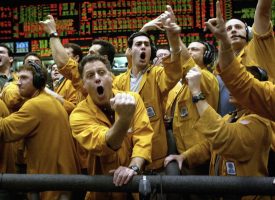With bond markets continuing to slide, today one of the greats in the business sent King World News a powerful piece warning that a critical decision will have major ramifications for everything financial.
“At this point, I see the US economy as performing well. Domestic spending has been growing at a solid pace. [A December rate hike] is a live possibility.” — Fed Chairman Janet Yellen, 11/4/15
November 5 (King World News) – From Jeff Saut’s note today: While most people probably find the topic of interest rates to be…well, not very interesting, the impact they have on the global markets and our own personal financial situations is tremendous when you really stop to think about it. Looking to finance a house? That interest rate you’re paying can drastically alter the total cost of your loan. Have some extra funds you don’t just want to leave sitting in a checking account?
Well, there’s a huge difference between earning 5.0% on that money and only earning 0.50%, as we have all discovered the past few years. These powerful little percentages are an ever-changing force that propels trillions of dollars across the globe in search of that optimized level of return and safety, and nothing else shifts around the pieces of the global investment puzzle quite like interest rates.
So it is because of this influence that so much of the chatter in the financial world this year has centered on the Federal Reserve’s perpetual decision whether or not to increase their target policy rate for the first time since June 2006. A transition to a rising interest rate environment will obviously have major ramifications on practically everything finance related, so I can understand the need for investors to try to determine when that is likely to occur.
However, we have said all along that the timing of the first raise is of less importance than what happens afterward, and we still believe that the Fed will be gradual with any further increases if the improving economy justifies it. I also subscribe to the thinking that the Fed really wants to once again have the ability to lower rates if growth appears to slow, and while I have received a few questions about a possible negative interest rate policy here in the United States after a couple of pundits decided it would be a good idea to write articles about it last week, we don’t think that’s a likely scenario unless things really start to contract.
Janet Yellen has even said in past statements that such a policy has not been seriously considered as a way to stimulate growth, and her comments yesterday during a House Financial Services Committee hearing once again reiterated that, instead of lowering rates to sub-zero, the Fed might begin raising them as early as next month. These remarks were the purported cause of Wednesday’s weakness in the stock market, though I still think it might also have something to do with the overbought readings we have mentioned recently.
Considering that both interest rates and the US Dollar have accompanied equities on the way up during this rally leads me to believe that perhaps investors are already beginning to price in higher rates and may even be coming around to the idea that the U.S. economy can support December action by the Fed. If the October rally in stocks really was just fueled by expectations of a continued low rate environment, then I would have expected yields and the dollar to fall, not rise.
The US Dollar Index even recently broke up out of a large, multi-month triangle pattern, which may indicate it’s ready to flex its muscle again (see chart). Consequently, I hope very much that the reason we have seen stocks, interest rates, and the dollar all rise at the same time over the last month is because investors are optimistic about the fundamental outlook of the U.S. economy. And don’t forget, a rate increase by the Fed is generally considered their explicit recognition of the economy’s strength! ***ALSO JUST RELEASED: This Has Only Happened Twice In The Gold Market In 40 Years! CLICK HERE.
© 2015 by King World News®. All Rights Reserved. This material may not be published, broadcast, rewritten, or redistributed. However, linking directly to the articles is permitted and encouraged.







